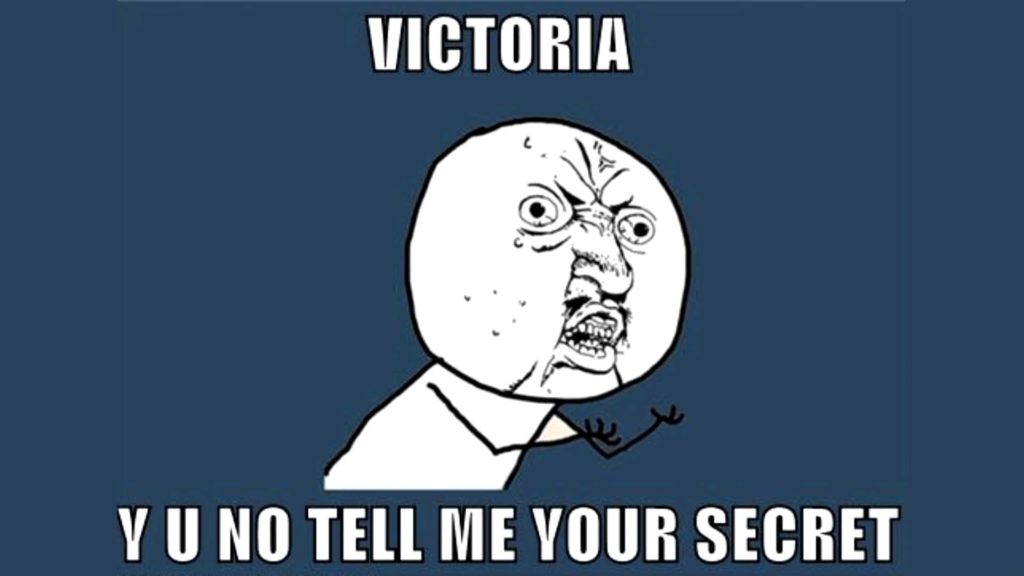Are memes a form of art?
Nonsensical, hilarious, sarcastic but easily relatable and obviously democratic – memes in the present scene of internet proliferation is definitely adding a different hue to our otherwise mundane life.
There are debates whether memes can be considered as a form of art; while the makers do claim it as a pop-culture art that transcends simple comedy. Disruption is one of the hottest keywords in the world right now, and memes definitely fit into the category. An ironic and light-hearted treatment of a fragmented subject, memes is now seen as a form of ‘everyday conceptualism’ in the modern world.
While we can claim to be a part of the post-modern era, art has perhaps broken the shackles of private business. Anyone can make a meme and make a statement. It’s highly accessible and interactive. If viral is a parameter to judge a content on the internet, memes have evolved to be a medium that showcases dissent, disapproval and protest against any form of radicalism. “If punning is art memes is also art; maybe inferior as a form but relentlessly contemporary,” says Shreya Goswami, an avid lover of memes on social media.
“Some people think it as a form of art, I would say it’s more of a new form of communication,” says Arpita Chakraborty, a research scholar based in Dublin.
Life full of care
In a life full of care, where we literally have no time to stand and stare, memes have added value to the busy minds scrolling news-feeds on their handheld devices. There is nothing more rewarding than addressing your pain with a humour that can be relatable, cynical as well as short. “I love memes because it’s funny and you can say things, even sarcastic things easily. You see, visual wit is more amusing than too much of content,” added Shreya.
The role of memes today is somewhat similar to the guerrilla-style insurrection that dates back to hungry generation movements. Poems with cuss words and against the establishment and prose directly or indirectly criticising a perpetrator is perhaps now an online phenomenon for activists.
But can we ignore memes and its mass appeal at this juncture? It isn’t so much about visuals but instead, digs deep into the cultural architecture of memes and their political power as a networked critical resistance. Memes have this strange ability to provoke and motivate, to ‘complexify simplicity’ and be ‘simply problematic’ in equal turn, offering a mirror image of our volatile present as much as the long lost heritage.
When someone says traffic in Delhi is not so bad ..
Me : pic.twitter.com/KCI4Z3mcNm
— Wondergirl (@Wondergirl3009) June 12, 2017
“I like memes, especially because they bring humour into politics and say a lot of which are left unsaid in formal conversations,” Arpita added.
“Also the ones that use known faces or movie clips as memes makes it funnier as people can relate and intonate in their mind how that person would have said that if they said what’s written on the memes,” Shreya was explaining the relevance.
In a country like India, where criticism and anti-nationalism come in the same code of conduct, memes have given a respite to the seriousness of humour and the hilarity of grave situations. Don’t we all look up to art for provocation and inspiration?










